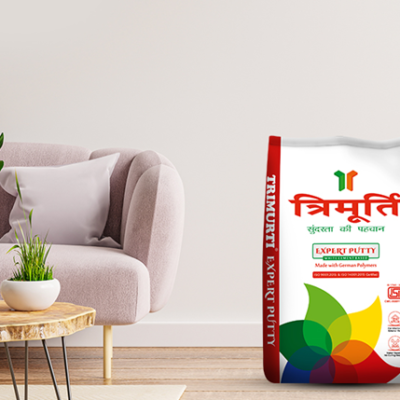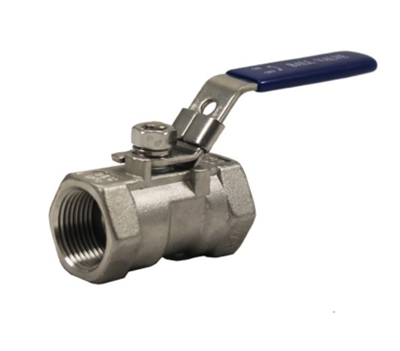In industrial applications, where the demand for strong, durable, and reliable adhesives is paramount, polyurethane adhesives have emerged as a popular choice. With their exceptional bonding strength, versatility, and resistance to various environmental factors, polyurethane adhesives have proven to be invaluable in industries such as construction, automotive, aerospace, and electronics. However, selecting the best polyurethanes adhesive for a specific industrial application requires careful consideration of several factors. This article aims to provide insights into choosing the most suitable polyurethane adhesive for industrial applications.
Bonding Strength and Durability:
One of the primary considerations when choosing a polyurethane adhesive is its bonding strength and durability. Industrial applications often involve bonding heavy or load-bearing materials, and the adhesive must be able to withstand high stresses and forces. Look for adhesives with high shear and tensile strength to ensure a strong and long-lasting bond. Consider the specific requirements of your application and select an adhesive that is designed to meet those demands.
Substrate Compatibility:
Different industrial applications involve bonding a wide range of substrates, including metals, plastics, composites, and even dissimilar materials. It is essential to choose a polyurethane adhesive that is compatible with the specific substrates you are working with. Look for adhesives that have been tested and proven to bond well with the materials you are using. Consider factors such as surface preparation requirements, curing time, and whether the adhesive provides good adhesion on both porous and non-porous substrates.
Environmental Resistance:
Industrial environments can subject adhesives to harsh conditions, including temperature extremes, moisture, chemicals, and UV exposure. It is crucial to select a polyurethane adhesive that exhibits excellent resistance to these environmental factors. Consider whether the adhesive is designed to withstand high or low temperatures, is resistant to water or chemicals, and can maintain its bond integrity even when exposed to UV radiation. This will ensure that the adhesive performs reliably in your specific industrial application.
Application Method and Handling Time:
The application method and handling time of the polyurethane adhesive are practical considerations when choosing the right product. Some adhesives come in one-component formulations, while others require a mixing process for activation. Consider whether the adhesive can be easily applied using standard dispensing equipment or if it requires specialized equipment. Additionally, evaluate the adhesive’s open time and curing time to ensure it aligns with your production processes and allows sufficient time for assembly and positioning.
Health and Safety Considerations:
Industrial workplaces prioritize the health and safety of their workers. When selecting a polyurethane adhesive, consider any potential health hazards associated with its use. Evaluate factors such as volatile organic compound (VOC) emissions, odors, and flammability. Look for adhesives that comply with relevant industry standards and regulations to ensure the well-being of your workers and compliance with safety guidelines.
Technical Support and Supplier Reputation:
Lastly, consider the technical support provided by the adhesive supplier and their reputation in the industry. A reputable supplier will offer guidance on adhesive selection, provide technical data sheets and safety information, and offer support in case of any issues or challenges. Choosing a reliable supplier ensures that you have access to the necessary expertise and assistance throughout your industrial adhesive selection and implementation process.
In conclusion, selecting the right polyurethane adhesive for industrial applications requires careful consideration of factors such as bonding strength, substrate compatibility, environmental resistance, application method, health and safety considerations, and supplier reputation. By evaluating these aspects and understanding the specific requirements of your application, you can choose a polyurethane adhesive that will provide optimal performance, durability, and reliability in your industrial processes.





